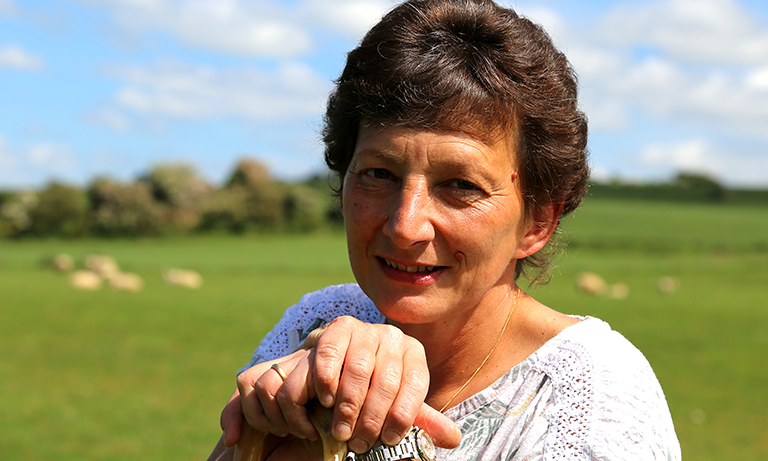Standing up for the veterinary profession
08 Aug 2024
11 Nov 2020 | Melissa Donald
Melissa Donald breaks the taboo on talking about menopause in the workplace and recommends what veterinary workplaces can do to support those of us who may be going through, or about to go through, menopause in the workplace.

My wonderful generation was when male and female admissions into vet school was 50:50, so thank you very much to my predecessors who enabled this. However, for many, women working in mixed or farm animal practices was still considered a novelty. I was only the second woman assistant in my traditional 2 vet mixed practice.
So back in the late 80’s and early 90’s, we had many challenges, be it balancing supporting your partner’s career with your own, being supermum to the children (as we were the generation that wanted to have it all, so were not allowed to compromise) to finding toilets in rural Ayrshire at certain times of the month.
We got through it and have now arrived at the other end of our careers.
Then the menopause happens…. Had we not struggled enough?
Some women can suffer worse than others, the symptoms can be mild and transient, or it can feel like you’re going through hell. There‘s no way to predict it. My Mum and sister had very mild symptoms. What was worse, is nobody really talked about it.
I read a brilliant article that put this reluctance to talk about the menopause perfectly: ‘[…] it is remarkable the extent to which the taboo surrounding the menopause remains untouched. Even as other aspects of female reproductive health have become more widely discussed, the menopause has been stuck on the shelf.’
Menopause is joked about and we ridicule ourselves too. But the truth of the matter is, the menopause was a significant factor in my stopping clinical work, and it will significantly affect women who continue on with their careers too.
It’s not nice having visible sweats, several an hour, where your body literally becomes hot and painful from your toes to your head, followed by being chilled as you’re so sweaty. Your concentration vanishes, panic attacks, mood swings (you think PMS is bad….), the exhaustion from restless sleep with more sweats. 24/7 it affected me and still does, though thankfully to a lesser extent now, but we are 7 years on.
Many of us are struggling, physically and mentally with the menopause. The veterinary profession is, as we know, short in personnel and now dealing with the added pressures caused by the Covid-19 pandemic. I worry that many women in the profession are struggling on with the menopause in silence, or choosing to leave the profession altogether.
If we want to support our profession through all ages and stages of their careers, we have to accept that menopause matters too.
As we know, we are now a predominantly female workforce and we have value to add to the profession at all stages of our careers. So, it’s paramount that the support structures are in place to enable women to discuss the menopause openly at work and get the support that they might need.
The BVA good veterinary workplaces voluntary code clearly states that all workplaces should commit to prioritising physical and mental wellbeing and being supportive of the needs of all team members. For many workplaces, this includes supporting their colleagues through the menopause.
Last year there was a brilliant move to bring forward legislation to make sure every workplace has a menopause policy to support their staff. It got me thinking, are there things that veterinary employers could do voluntarily to support their employees who may be going through the menopause?
Does your practice have a menopause protocol to enable staff to cope more easily? Do you have a workplace culture that makes women feel comfortable talking about the effects of menopause with their employers?
There are many on-line sites that can help you format a protocol, but how about when you next sit down with a work colleague, you simply start the conversation?
Take a look at our resources as part of of our BVA good workplaces campaign.
Get tailored news in your inbox and online, plus access to our journals, resources and support services, join the BVA.
Join Us Today